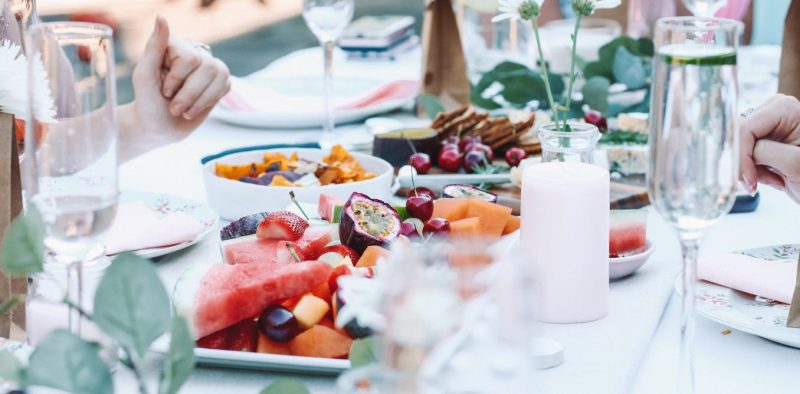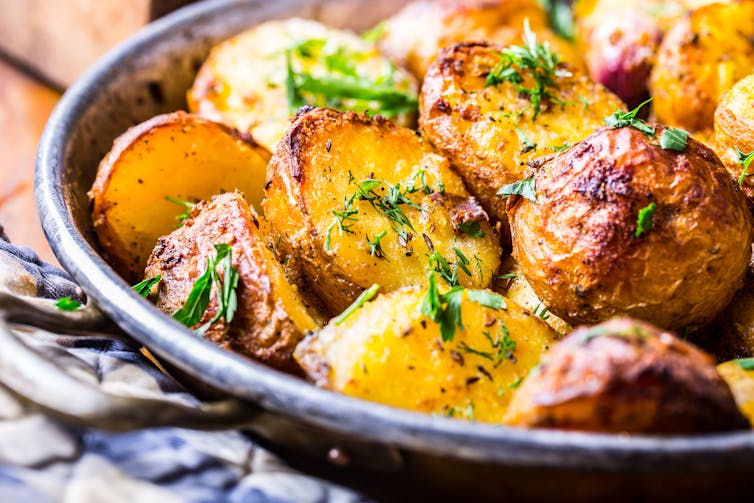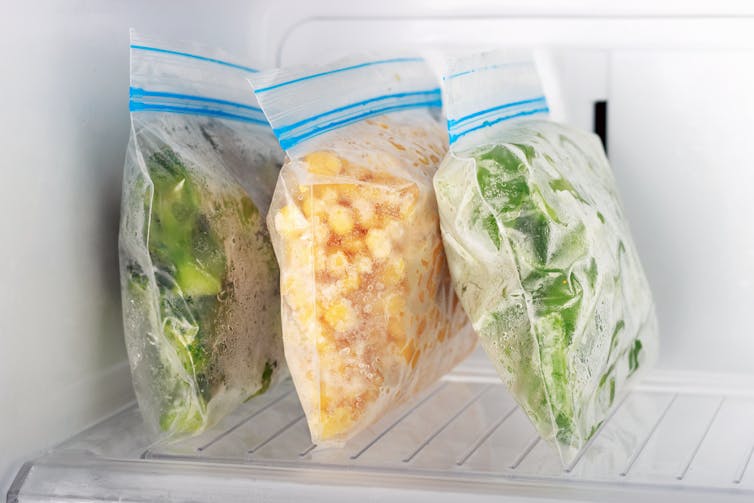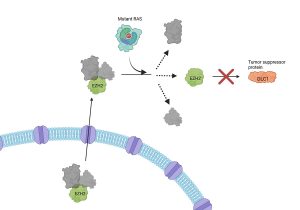5 ways to make Christmas lunch more ethical this year

What we eat matters – not just for our health, but for the planet and other living things too.
Most of us know meat consumption contributes to global warming and many of us are aware of animal cruelty and human exploitation in global food supply chains.
So what are some ways we can use our “fork power” to make our Christmas lunch more ethical this year?
Read more:
Stressful Christmas? How meditation can (and can’t) help you through a nightmare lunch
1. Replace your turkey or ham with a vegetarian dish
Vegetarian options are not boring or tasteless — just look at this festive squash and chestnut roast.
A plant-focused diet has strong environmental benefits. Livestock not only produce greenhouse gas when they burp, they take up huge amounts of land and fresh water.
Reducing the number of animal products on your plate also reduces the likelihood you are contributing to the suffering of animals. Even though many countries have ethical standards for the treatment of farm animals, these are not always followed, and many of the practices considered legal still cause pain and suffering to animals.
While cutting out all animal products can be difficult, any reduction in consumption makes a difference. For example, consider swapping out the brie on your Christmas platter for hummus this year.
Shutterstock
2. Choose ‘good fish’
Many of us don’t realise fish and other seafood is often sourced unsustainably, negatively impacting ocean ecosystems and wildlife. An Australian organisation called GoodFish produces a Sustainable Seafood Guide, where you can find out how ethical the fish you buy is.
Unfortunately, many salmon products are not as sustainable as companies claim them to be. In comparison, farmed Australian barramundi, Murray cod, prawns, oysters and mussels, and wild-caught Australian Eastern and Western rock lobsters are classified as better choices.
Additionally, an international not-for-profit organisation called the Marine Stewardship Council has an “MSC blue fish tick label” certification scheme, which endorses products from well-managed and sustainable fisheries. Have a look for MSC-certified frozen crumbed fish in your next shop.
Read more:
The psychology of Christmas shopping: how marketers nudge you to buy
3. Choose at least one organic item, such as your roast potatoes
Organic agriculture aims to produce food while establishing an ecological balance to prevent soil infertility or pest problems over the longer term. It strengthens the dynamics and carbon storage of soil, stops freshwater pollution with synthetic fertilisers and pesticides, reduces the use of fossil fuels needed to produce these chemicals, and promotes biodiversity.
Yes, organic products are more expensive, but you will hopefully now feel they are worth it (you could also look out for organic produce that is reduced in price during “on special” promotions).

Shutterstock
4. Choose Fairtrade chocolate
Of course, humans are heavily involved in the production, packaging and transport of the food we eat every day. Organisations such as Fairtrade Australia and New Zealand and Rainforest Alliance aim to improve the lives of rural farmers and workers in developing countries – who otherwise might get unfair deals for their produce and work (these organisations also target environmental issues).
You can buy Fairtrade- and Rainforest Alliance-certified products in supermarkets (and elsewhere), such as chocolate, coffee, tea – and even ice cream.
Similarly, there are companies called B Corps, or Certified B Corporations. These are organisations that also care about social and environmental issues. B Corp food products can also be found in supermarkets (and elsewhere), and include things like peanut butter and seaweed snacks.
Read more:
Should I lie to my child about Santa?
5. Make friends with your freezer
When we waste food, we are wasting the energy, land, water and chemicals that were used during the long process of getting it into your home.
Lots of us worry at Christmas about “having enough food for everyone”, and consequently buy too much. Why not talk through your menu plan with someone else before you go shopping, to check that you are not anxiety-buying to feed 50 people (instead of your extended family of ten).
But even with calm planning, you may still have leftover food. If this happens, you can get creative with using leftovers on Boxing Day (OzHarvest has some recipes online, including Christmas rockyroad), or you can preserve food to eat at a later date using your cool friend, the freezer.

Shutterstock








